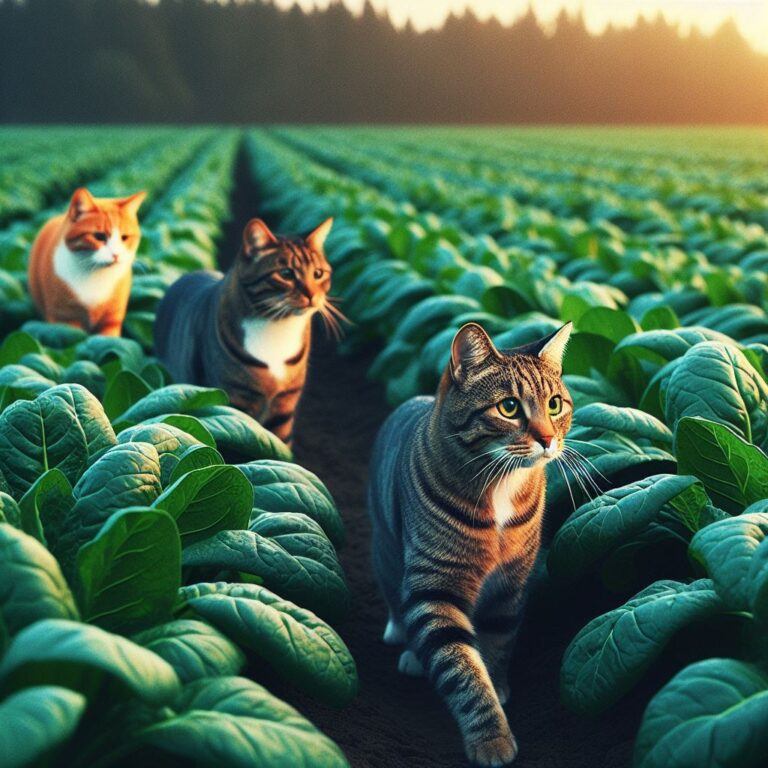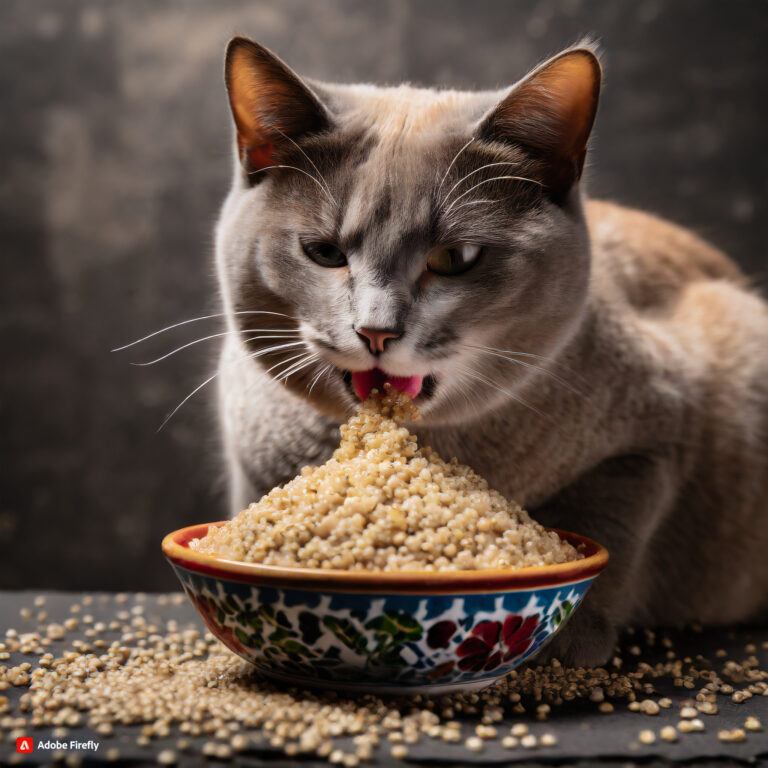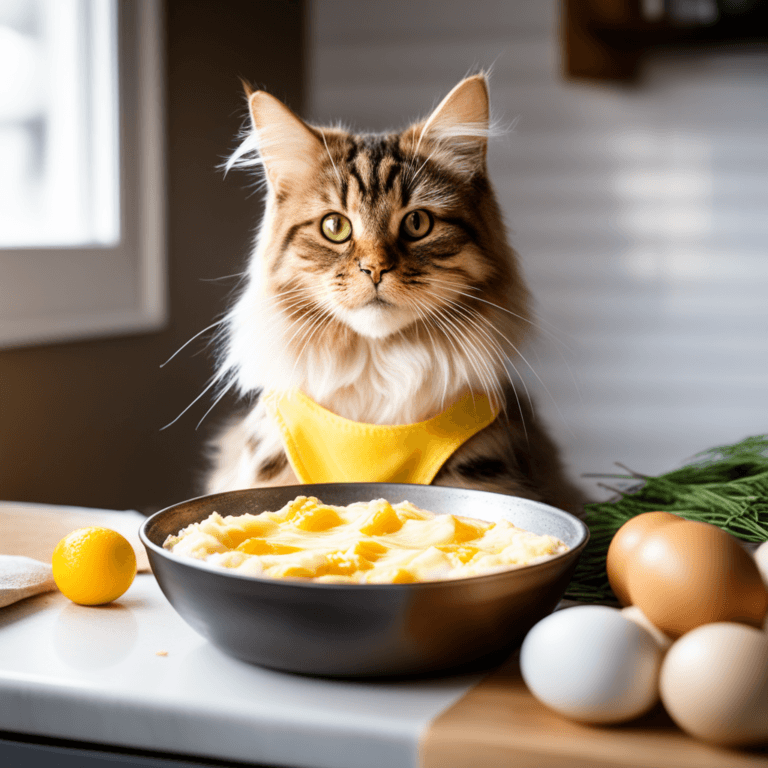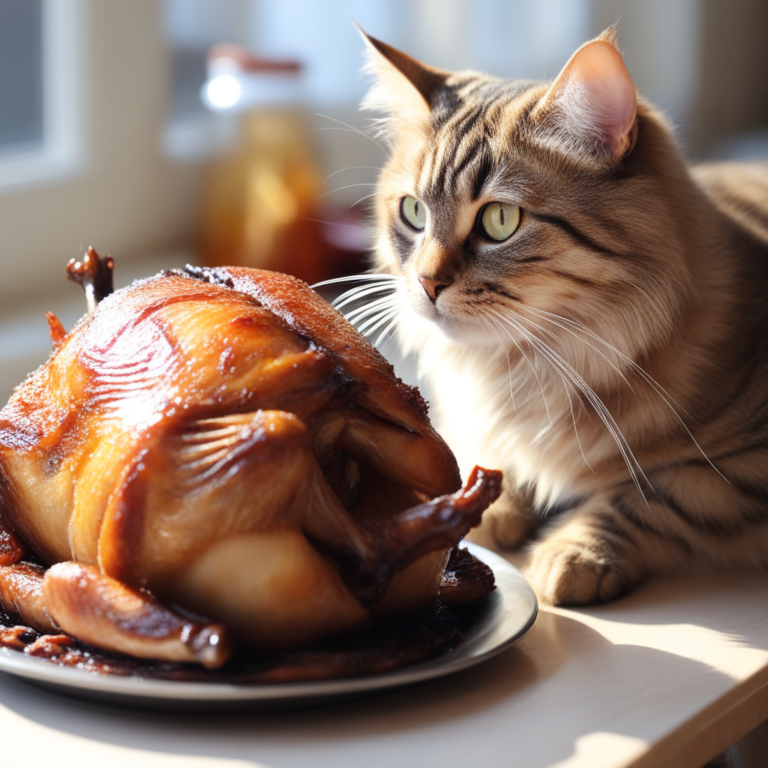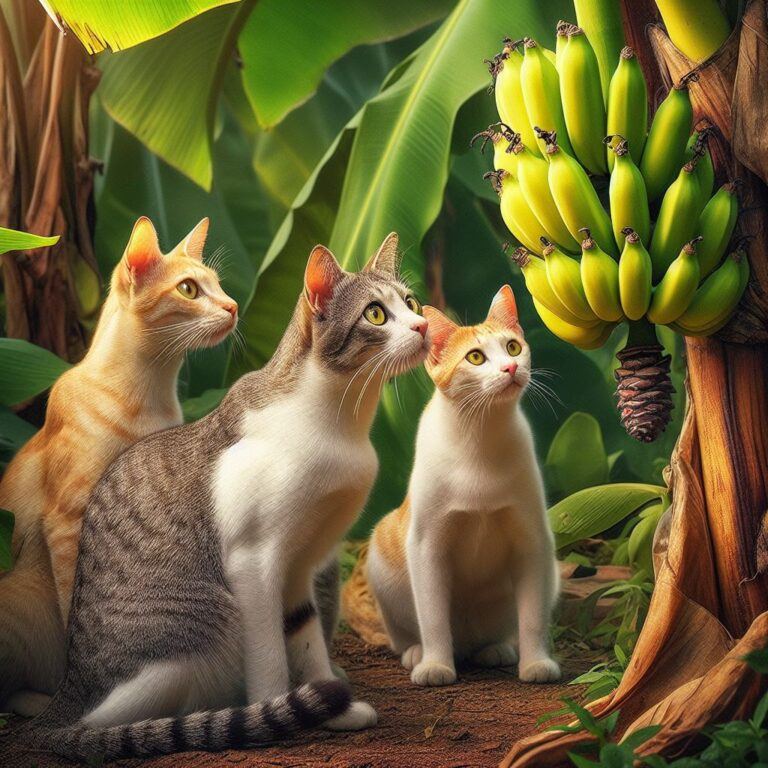Can Cats Safely Eat Onions
Cats CANNOT safely eat onions. All parts of the onion plant are toxic to cats, including the flesh, leaves, juice, and even processed powders.
Onions contain a compound called N-propyl disulfide. This substance is dangerous for cats as it can break down their red blood cells, leading to anemia. This condition is not only serious but can turn fatal if not addressed swiftly.
Beyond the immediate risks, even small amounts of onions can accumulate over time, causing oxidative damage and other health problems. I’ll explain further in the next section why onions trigger such adverse effects in cats and what symptoms could signal that your cat may be suffering from onion poisoning.
It’s essential to keep onions out of your cat’s reach and be cognizant of this ingredient in prepared foods. Accidental ingestion can lead to a medical emergency.
How Onions Affect a Cat’s Health: Understanding the Risks
Enticing as it might be to share your meal with your feline friend, it’s crucial to understand the risks onions pose. The root of the issue lies in a compound found in onions called N-propyl disulfide. This compound wreaks havoc on a cat’s red blood cells, leading to a condition known as Heinz body anemia.
The onset of onion poisoning in cats isn’t always immediate and can depend on the amount ingested. Even small amounts over time can be harmful. Common signs include lethargy, weakness, decreased appetite, pale gums, and sometimes even collapse. It is essential to monitor your cat closely and seek veterinary care if any symptoms arise.
Treatment relies on the severity of the poisoning. In mild cases, your vet might induce vomiting or administer activated charcoal to prevent further absorption of the toxins. More serious cases may require blood transfusions and supportive care. Preventative care is simple: keep onions out of the paw’s reach.
Beyond acute management, preventive measures are a cat owner’s best defense against onion toxicity. Regular vet check-ups, maintaining a ‘no table scraps’ policy, and ensuring your cat’s environment is clear of toxic food items can go a long way in keeping your pet safe and healthy.
Keeping Your Cat Safe: Alternative Treats and Diet Recommendations
Cats are curious by nature, often eager to sniff and taste anything that’s within reach. As a responsible pet owner, it’s crucial to guide their curiosity away from harmful foods like onions. Instead of risking their health, focus on providing a diet that’s both nutritious and enjoyable for your feline friend.
When searching for treats, opt for those specifically designed for cats. These are not only safer, but they also contain essential nutrients tailored to your cat’s dietary needs. Many pet stores offer a range of cat treats that are free from the toxic substances found in onions and other dangerous foods.
It’s important to treat treats exactly as they are named: as occasional indulgences. Your cat’s main diet should be high-quality, nutritionally complete cat food. Ask your vet for recommendations to ensure you’re meeting your specific cat’s health requirements.
While many human foods are off-limits, some options can be safe in moderation, such as cooked meats like chicken or turkey. Always double-check with your vet before introducing any new food into your cat’s diet.
Finally, take the time to understand pet food labels. Look out for harmful additives and ensure that the product meets the dietary guidelines for your pet’s age, size, and health condition. Awareness and caution can prevent many health issues and guarantee your cat a long, happy, and healthy life.


